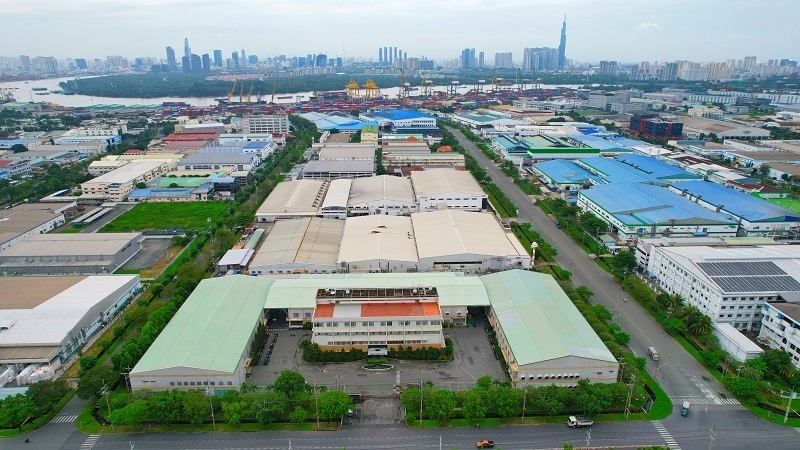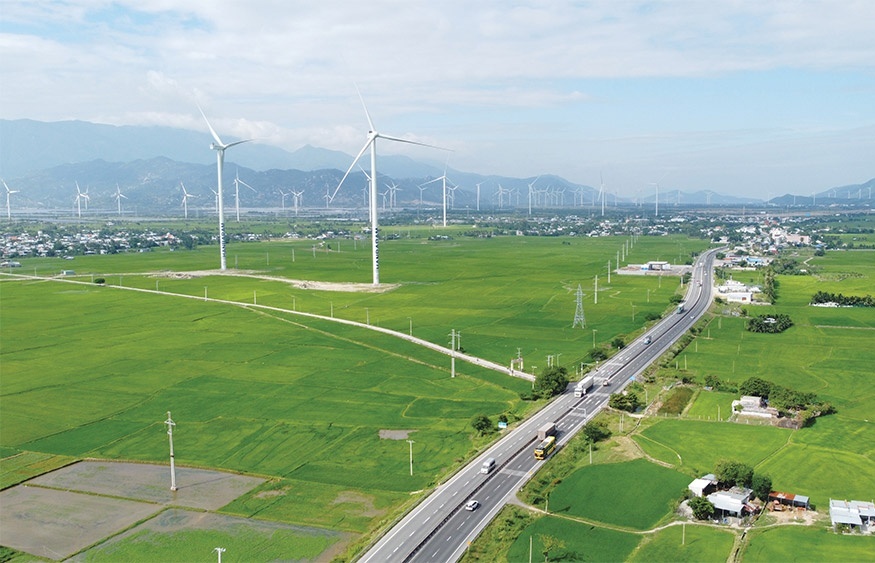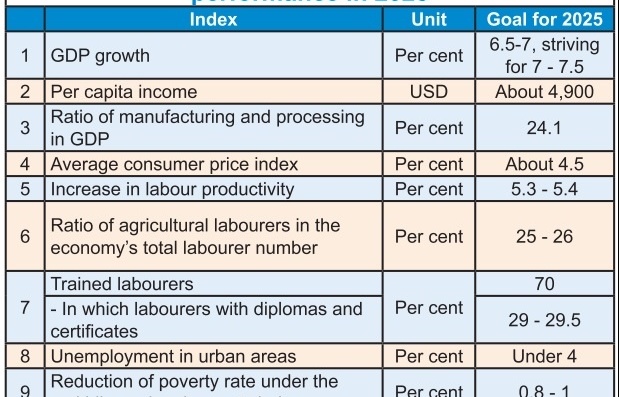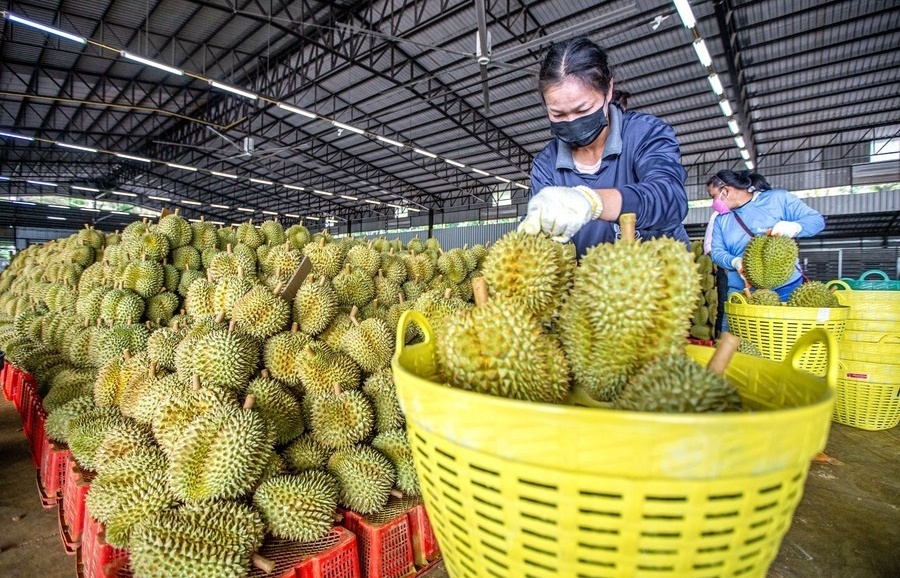Vietnam eases ban on sports betting
 |
| The Vietnamese government will allow locals to bet on horse and greyhound racing, and international football matches-Photo: Le Toan |
This follows a decree issued late last month by Prime Minister Nguyen Xuan Phuc, lifting a local ban on casino gambling. It is expected to pave the way for foreign and domestic investment in race and horse tracks, and other local sport betting activities.
Under Decree No.06/2017/ND-CP governing sports betting, only those 21 years old or older will be allowed to bet, and bookmakers will have to be at least 500 metres away from schools and public venues for children.
The minimum bet value will be VND10,000 ($0.45) and the daily maximum limit will be VND1 million ($45.45).
The decree only allows betting on international football games recognised by the governing body FIFA, and approved by the Ministry of Culture, Sports and Tourism.
According to the decree, operators of bookmaking businesses will have to meet strict capital requirements: VND1 trillion ($45.45 million) for horse racing and football and VND300 billion ($13.64 million) for greyhound racing. A bidding process will be held to select one football betting provider for a five-year trial phase.
Nguyen Dinh Chuc, deputy director of the Institute of Regional Sustainable Development, told VIR that this decree is a significant step forward in the development of the Vietnamese gaming industry, following the recent decree on casinos.
Chuc said the new decree could cut into the flow of Vietnamese nationals crossing the border to place bets in the overseas market.
Albert Climent, a gaming consultant with a background in European and Asian on-line gambling and a specialist in pre- and post-regulated markets, said, “I believe Vietnam will be the next Asian country to regulate online betting, so operators should start positioning themselves.”
|
Licensed and proposed horse and dog race projects in Vietnam - The greyhound race track at Lam Son Stadium in the southern province of Ba Ria-Vung Tau is the only race track currently open. The track was opened in 2000, and a 25-year licence was given to Sport Entertainment Services (SES). In mid-2016, Hong Kong’s Success Dragon International Holdings Ltd. entered into an agreement for the provision of management services with SES for greyhound racing in Vietnam. - Dai Nam Course is invested by Dai Nam Tourism in the southern province of Binh Duong. The 20,000-seat course is built on 60 hectares and meets international standards, with horse, dog, motorbike, go-kart, jet-ski, and fly board racing, as well as a bevy of other entertainment events. It opened late last month. - G.O.Max I&D signed a memorandum of understanding with the northern province of Vinh Phuc for a multi-billion dollar race track project last year. G.O.Max also has plans to open 70 horserace betting points in 54 cities and provinces across Vietnam, as well as an online betting system and horse breeding and training facilities. - Last year, Australian firm Golden Turf Club announced to invest $100 million to build a race course on 134ha in Phu Yen, to be completed by 2019. l- The Central Highlands province of Lam Dong approved a race course from Thien Ma Madagui Racing JSC in 2014. After a hiatus, construction has recently resumed. The course is expected to be operational by 2018. - Hong Kong’s Matrix Holdings proposed a horse racing complex in the central city of Danang, which would include horse racing, a healthcare unit, and betting and entertainment services. Some key features of decree 06 - The betting business is treated as a conditional business sector. Operators must obtain a certificate of satisfaction of betting business conditions. - An entity can only do horse and greyhound race betting once they have received an investment registration certificate (which, for a foreign invested company, also serves as a certificate of incorporation) and a certificate for satisfaction of business conditions. The investment registration certificate will only be granted for horserace betting projects with a minimum investment capital of VND1 trillion ($45.45 million). For greyhound betting projects, the minimum investment capital is VND300 billion ($13.64 million). - An investment registration certificate will only be granted to one international football betting pilot project (with minimum investment capital of VND1 trillion or $45.45 million). The international football betting pilot entity will operate within five years from the issuance of the Betting Business Licence. - The Ministry of Finance will grant the Betting Business Licence to entities with adequate financial resources, business plans, and appropriate betting and racing bylaws. - An enterprise operating horseracing and greyhound racing businesses must be in the form of a limited liability company or a joint stock company. - A Betting Business Licence’s term maximum is 10 years for horse and greyhound race betting and five years for international football betting, dating from its issuance date but still within the lifespan of the Investment Registration Certificate. - The maximum bet is VND1 million ($45.45) a day and the minimum bet is VND10,000 ($0.45). These limits could be adjusted for each period. - Players must be 21 years old or older, and not prohibited in writing to bet by parents, spouses, biological children, or themselves. - There should be no more than three horse or greyhound races in a week at each location. - The minimum rebate shall be 65 per cent of the revenues from selling wagering tickets. - Wagering tickets will be distributed via terminal equipment and telephone (fixed and mobile lines) – not via internet or internet-based applications on smartphones. However, distribution of wagering tickets via telephone will only be implemented one year after implementing the terminal equipment distribution method. In order to bet via telephone, players must have a registered account with the betting business entity. Payment of rebate must be via the players’ registered account and the bank account of the betting business entity opened at a lawful credit institution in Vietnam. |
In Vietnam so far, horse and dog race betting services have been allowed in two pilot projects, in Phu Tho and Vung Tau, but the horse track in Phu Tho was closed in 2011 after nearly 10 years of operation. Those courses were invested by Thien Ma Company and Sport Entertainment Services Company, respectively.
Le Tu, deputy general director of Sport and Entertainment Services Company – a member of VABIS Group, which has held an exclusive operation licence for racing in Vietnam for 20 years – told VIR, “The decree is newly issued, and our company is considering and discussing how to implement it.”
Oliver Massmann, general director of law firm Duane Morris Vietnam LLC, said, “As there is only one sports betting operator allowed from the effective date of March 31, and the bet is allowed only for international football matches, the regulation will, on the one hand, formalise sports betting. But on the other hand, it will create a monopoly and unfair competition.
“If [investors] fail to be selected, there is a high possibility that illegal football betting will continue to operate. It would be better if the government sets out very strict regulations instead of fixing only one entity to do international football betting.”
Massmann said recent moves by the Vietnamese government showed a willingness to open up a potential domestic gaming market to attract investors.
“But we should wait and see what happens in the next three to five years after the trial period, to see whether such activities will be further allowed,” he said.
The new decree on race betting is expected to lure additional foreign investment to Vietnam. Hanoi Tourist Corporation, for example, is seeking to build a $500 million horse racing track in the capital’s suburban district of Soc Son.
|
Jung Young Jin - Strategy director of G.O.Max I&D I am so excited… We have been waiting for this for 10 years. G.O.Max I&D wants to raise the scale of the project to $1.5 billion from the initial plan of $570 million. Horse betting is new in Vietnam and it will become an attraction for many people. Many Korean investors like us are interested in this new sector in Vietnam. Karl John-Chief expert at Asia Trade Experts Vietnam interests global casino companies because it has a long-term economic growth trajectory and 95 million people supporting a thriving market that’s now mainly seen at border casinos and domestic underground play. The Vietnamese government announced plans to legalise sports betting – and to lure more tourists to stoke economic growth. Foreign interest in Vietnam’s gaming potential is expected to grow. The Maucau’s and Singapore’s success at extracting big revenues from small number of tourist arrivals through the effective targeting of high rollers with gives encouragement for Vietnam. |
Other foreign investors have been lining up. South Korea’s G.O. Max I&D has long wanted to build a $570 million race course in the northern province of Vinh Phuc. Others include Golden Turf Club, with a $100 million project in the central province of Phu Yen, and Hong Kong’s Matrix Holdings, with a planned horse track in the central city of Danang.
What the stars mean:
★ Poor ★ ★ Promising ★★★ Good ★★★★ Very good ★★★★★ Exceptional
Latest News
More News
- Mitsubishi Estate launches Logicross Hai Phong - a milestone in logistics evolution (November 20, 2024 | 14:32)
- Semiconductor workforce partnerships deliver industry-relevant training (November 20, 2024 | 10:58)
- German Quickpack to invest $31.7 million in Long An province (November 20, 2024 | 09:31)
- Foreign-invested enterprises drive logistics investment in the southeast region (November 20, 2024 | 09:27)
- Chile visit underscores trade benefits (November 19, 2024 | 10:00)
- Trump’s second term impacts sci-tech activities and industry 4.0 technologies (November 18, 2024 | 10:00)
- Vietnam eyes nuclear revival to bolster energy security (November 14, 2024 | 16:46)
- Kyokuyo completes $13.5 million seafood factory in Vietnam (November 14, 2024 | 12:19)
- VinFast receives $3.5 billion funding from Vingroup and Pham Nhat Vuong (November 14, 2024 | 06:38)
- Localities sprint to reach FDI targets (November 13, 2024 | 10:00)


















 Mobile Version
Mobile Version